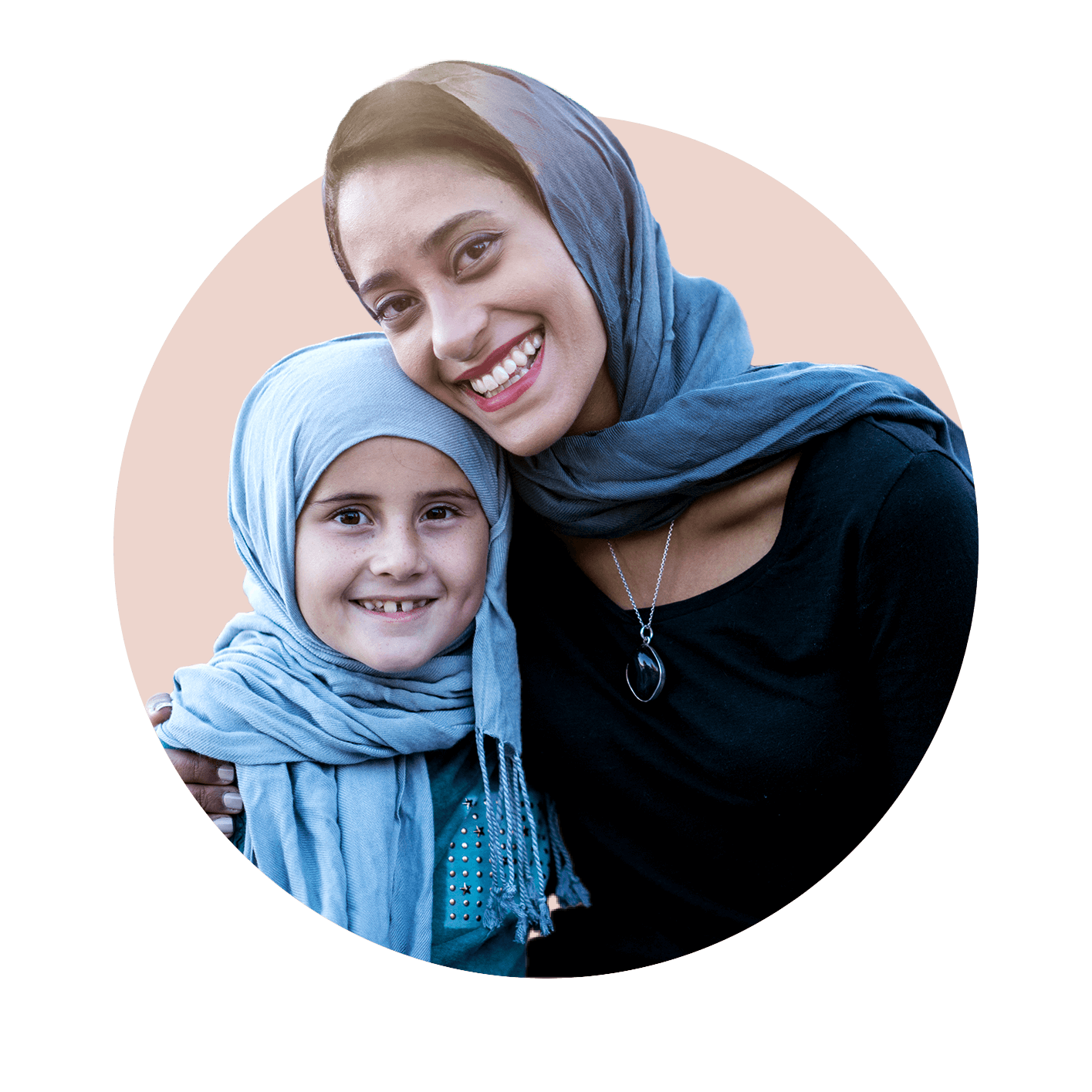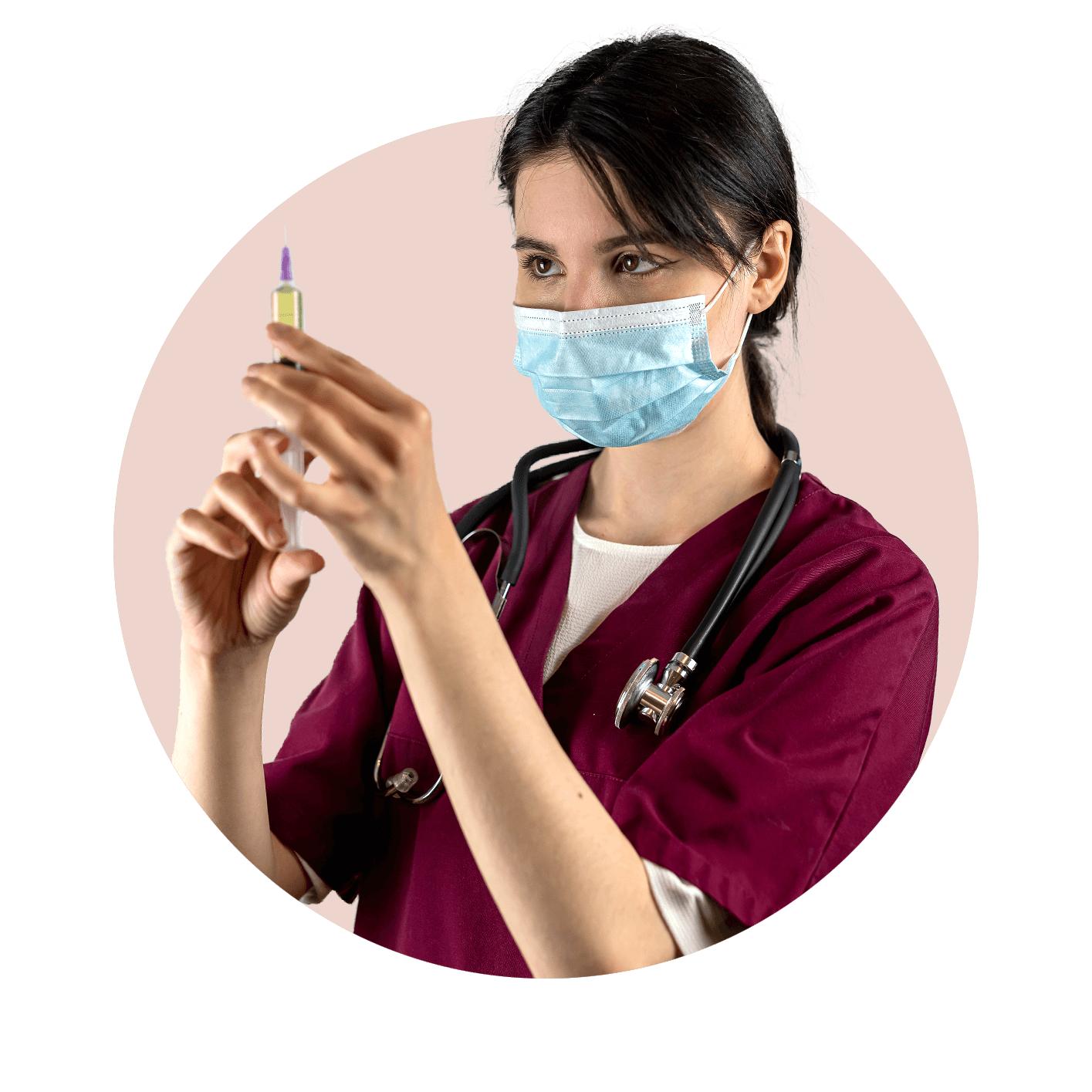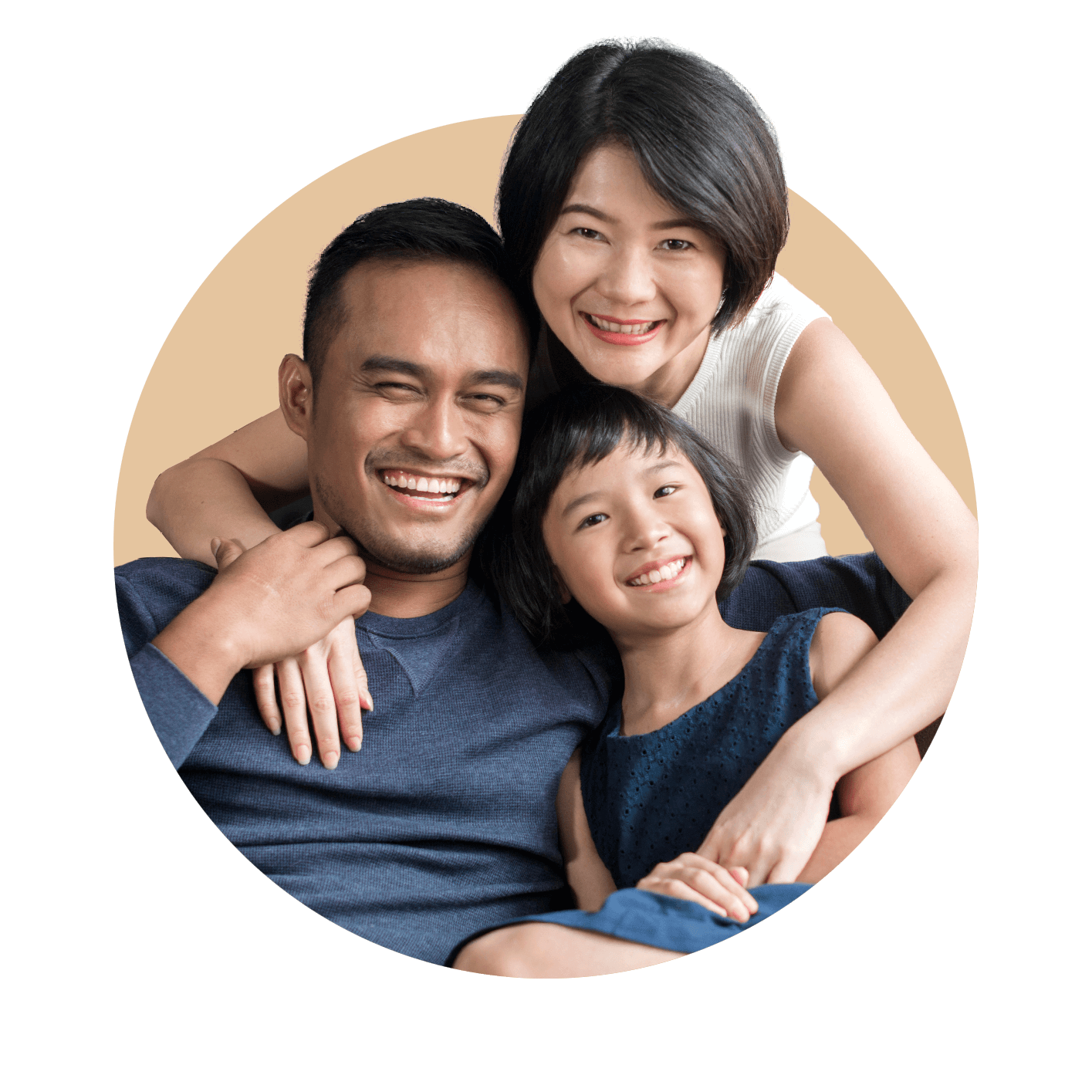SEMPHN at the forefront of finding the right health care for Afghan refugees
Global issues can become local opportunities for improved care and compassion.
Related Tags

South Eastern Melbourne PHN (SEMPHN) and the Monash Health Refugee Health and Wellbeing Team have recently assisted more than 720 refugees by coordinating their ongoing health care in south east Melbourne.
Events in Afghanistan over the past year have changed Australia’s Humanitarian Program, which supported the timely evacuation of Afghan nationals in 2021.
Australia has accepted over 3000 Afghan nationals on humanitarian visas with 2100 refugees arriving in Victoria.
Most of the recently arrived Afghan refugees are now residing in long term accommodation. In southeast Melbourne there is a well-established Afghan community, particularly within the Cities of Casey and Greater Dandenong. This is likely a preferred long term accommodation destination for refugees.
As we are seeing in the current situation in Ukraine, every day, all over the world, people make one of the most difficult decisions in their lives: to leave their homes in search of a safer, better life. This can be even more challenging when you don’t have a choice and must flee. Add to this a global pandemic and a world full of uncertainty, these are undoubtedly traumatic experiences. Knowing you have access to medical care in your own language can really help to ease the anxiety and uncertainty of the country in which you land.
Working together with Victoria’s Refugee Health Program, the Monash Health Refugee Health and Wellbeing Team, in partnership with South Eastern Melbourne PHN (SEMPHN), mobilised resources to implement a coordinated health response for these refugees. Collaborative work allowed for the triage of refugees’ immediate health needs and culturally appropriate responses to their emerging and ongoing health needs.
"Refugees were placed immediately and received care in a timely manner. Our Provider Support team worked tirelessly and passionately to ensure each GP was supported to provide the best care for these refugees in the community."
Finding the most appropriate primary care in our catchment
To help find the most appropriate primary care in our catchment, our Provider Support team sprang into action to consult with General Practices within southeast Melbourne, especially in the Cities of Casey and Greater Dandenong.
Quinn Pawson, CEO SEMPHN, describes the complexity involved in finding the right care. “We are all about putting our community at the centre of everything we do. We’ve worked closely with Monash Health to create a very specific assessment for the most appropriate care for these newly arrived refugees; considering the varied aspects of where they have come from and the types of care they may need, medical and otherwise.
“We can’t begin to understand the trauma faced by this group and so when recruiting GPs, we focused on those who could provide culturally appropriate and ongoing care, including Dari and Pashto speaking GPs. This meant the 720 refugees were already connected to good health care in the community as they transitioned to long term accommodation.
Working across care providers, general practices and community support groups has meant that as a partnership, we were able to draw on the experience of all members to quickly evaluate, understand, analyse, and provide prompt support to refugees.
Our PHN role as facilitators and connectors and our in-depth understanding of primary care in south east Melbourne has been invaluable to supporting these new members of our community.
“It’s been a real collaborative effort to make the process of care placement efficient and responsive”, Mr Pawson continued. “There was no constraint or reliance on one activity being completed before the next. This meant that the refugees received care in a timely manner. Our Provider Support team worked tirelessly and passionately to support each GP to provide the best care for these refugees in the community.
“I want to thank our wonderful GPs and their practice staff who have rolled up their sleeves to support this vulnerable community, especially in the middle of the pandemic. Their support is invaluable and requires recognition and our thanks. Their efforts have and continue to be exemplary.”
Physical health followed up with self-care
Like many other communities, our multicultural communities sometimes face obstacles like language barriers, cultural taboos, and other challenges when it comes to practising and maintaining self-care and wellbeing. We know that access to the right support, delivered with culture and language in mind, is essential to its effectiveness.
News of events overseas can resurface trauma from past experiences like war, conflict and forced migration. A recently impacted community and one that could be at risk of re-experiencing trauma are the Afghan community.
We have worked closely with Afghan community leaders to learn about the challenges faced by their community when practising and maintaining self-care and wellbeing during this challenging time. Working in collaboration with Better Place Australia, the Southern Migrant and Refugee Centre and Afghan Community leaders we have co-designed a short series of videos for the Afghan community with tips on how to implement self-care and maintain good habits. Videos are spoken in Dari and subtitled in English.
Through initiatives and partnerships like these, SEMPHN continues to work towards addressing the National Suicide Prevention Strategy 2015 and the Victorian Suicide Prevention Framework 2016-25. We have worked with several organisations and community groups over the past few years and continue to collaborate with organisations including the Victorian Department of Health, other Victorian Primary Health Networks, Black Dog Institute, Cities of Greater Dandenong, Casey, and Cardinia Shire Council.
Up next:
Jab well done: Meet Australia’s first Novavax recipient
SEMPHN proudly supports local health services to administer COVID-19 vaccines across south eastern Melbourne.







